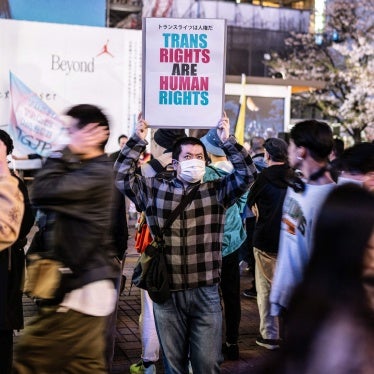Having lived more than half his life as a man, choosing his behaviour and changing his body to show the world the man he feels himself to be, Shumail Raj is trying to be what most men want to be — an honest man
Shumail Raj and Shehzina Tariq have become the centre of a tragedy known throughout Pakistan and the world. Who are they? Eight months ago, Shumail and Shehzina were married in a ceremony that Shehzina describes as “a love marriage.” But since their story became public, they have been called every sort of name by reporters, lawyers, comedians, by people in the street.
Press reports refer to them as a “she-couple”, a “same-sex couple”, and as two “girls” or “lesbians.” Their union has been dismissed as the country’s first same-sex marriage. Yet Shehzina Tariq has stated clearly “We are not homosexual”. Everyone, it seems, gets to say who they are — except the two themselves.
Instead, as a result of saying what they feel themselves to be, they have found themselves in conflict with the law. On May 28, they were sentenced to three years’ imprisonment for perjuring themselves — for having told the Lahore High Court that Shumail Raj was a man.
A court-appointed panel of medical examiners had to be called in to settle the issue of legal identity. It was more important to identify the history behind Shumail Raj’s full beard and masculine build than to recognise his right to privacy, his dignity and self-respect.
The prosecution of the couple and their humiliating depiction in the media has overlooked vital facts. Everyone has a biological sex, the body they are born with. However, everybody also has a sense of the self which transcends the body. Without that sense we are more than just what we are given, we would have no clothes, no jewellery, no hairstyles. We would practice no artifice upon ourselves. We would take no joy in making ourselves look beautiful or strong by our own standards, patterning our looks on others or choosing a different guise or style.
Beyond biological sex, there is gender. Biological sex means how we classify bodies as male or female, based on factors such as hormones, chromosomes, and internal and external organs. Gender describes not what is “male” or “female,” but what is “masculine” or “feminine” -–– what different societies consider to be such; what individuals feel to be such. Everyone has an individual experience of how “masculine” or “feminine” they are. Some feel their inner selves to be different from how their bodies are categorised.
The Universal Declaration of Human rights states “all people are born free and equal in dignity and rights” and “recognition as a person before the law” is a basic human right. The law should not condemn you because you seek to have your identity recognised. Its purpose should be to uphold an individual’s fundamental human rights, and respect and protect personal identity, dignity and freedom.
Courts from Europe to Brazil to Egypt have upheld the right of people to have the genders they live in recognised by the law. In Egypt this legal finding was upheld by a fatwa from the sheikh of Al Azhar.
Human rights also include the right to health. The World Health Organisation (WHO), the United Nations’ coordinating authority for health, observes that transgender people — people whose gendered selves are different from their bodies — experience “a desire to live and be accepted as a member of the opposite sex, usually accompanied by a sense of discomfort with, or inappropriateness of, one’s anatomic sex.” Their health and well-being depend on their being cared for and recognised as who they feel themselves to be.
The imprisonment of Shumail Raj and Shehzina Tariq sends the message that people born female have no right to call themselves male, even when that is how they see themselves. Shumail Raj may have been born female, but he underwent two surgeries to alter his gender, the first at the age of 16. He intends to go abroad for the third surgery that he feels would complete his growth into a man.
Now 31, Shumail has lived more than half his life as a man, choosing his behaviour and changing his body to show the world the man he feels himself to be. Shumail Raj is not a perjurer — nor is Shehzina Tariq. He is trying to be what most men want to be, an honest man.
Jessica Stern is a researcher on LGBT rights for Human Rights Watch.







